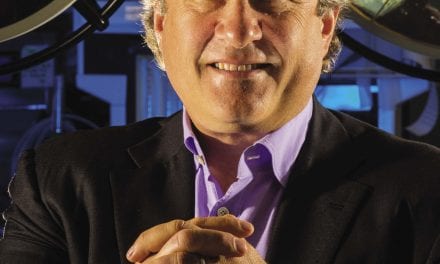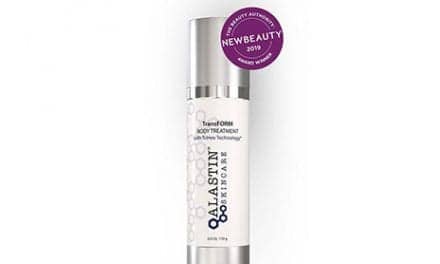Allergan plc announces the release of reportedly its first-of-its-kind worldwide medical aesthetics study. Titled the Allergan 360° Aesthetics Report, it explores the mindset and motivations of aesthetically conscious consumers across a variety of ages, races, cultures and genders, as well as the physicians who treat them.
“Allergan is proud to have undertaken one of the most far-reaching and authoritative studies ever conducted on the subject,” says Brent Saunders, Chairman and CEO of Allergan, in a media release.
“As a company with worldwide awareness, reach, and brand affinity, we are in a unique position to identify and report on trends and drive change in the medical aesthetics category. It is our responsibility to better understand the perspectives and needs of the patients and physicians we serve, as well as continue to educate consumers,” he adds.
To develop the report, Allergan tapped into more than 14,500 aesthetically conscious consumers and 1,300 aesthetic physicians in 18 countries, including the United States of America, Canada, Mexico, Brazil, the United Kingdom, Spain, France, Germany, Italy, Turkey, Russia, Saudi Arabia, India, China, Japan, South Korea, Taiwan and Australia. An advisory board of globally renowned physicians partnered with Allergan to interpret the data and bring the findings to life.
Results indicated that consumer interest in medical aesthetics is at an all-time high, but there are significant gaps between what consumers and practitioners expect from treatments, according to the release.
“As physicians, there is much we can learn about our patients from the Allergan 360 Aesthetics Report – from how beauty is defined across cultures to how women and men around the world prioritize and go about achieving their aesthetic goals,” states San Diego-based dermatologist Dr Sabrina Fabi.
“We know there is an increasing desire for knowledge about facial injectables, skincare, and body treatments, and this eye-opening report will ultimately lead to more informed and honest conversations between practitioners and their patients,” she adds.
The study found that 28% (n=14,584) of global consumers turn to the Internet as their first stop when searching for a dermatologist or plastic surgeon for an aesthetic treatment and 82% (n=351) of U.S. consumers (ages 21-35) turn to Instagram as their leading source of information.*
“As with everything else that has evolved in the cosmetic industry, so too have aesthetic patients in being more mainstream, reaching out through social media, and using before and after photos as references,” Montreal-based plastic surgeon Dr Arthur Swift comments. “They are more educated than ever, since the digital world has enabled a constant flow of information when using these platforms for research. Regardless of the changing landscape, there still needs to be a responsible degree of education from treating physicians.”
According to the report, more than half the Millennials surveyed would consider a surgical or non-surgical intervention to enhance their appearance, with 61% agreeing their overall appearance impacts how successful they are in life (n= 928).
“When the question is no longer ‘if’ I should consider treatment, but ‘when’ I should consider it, the conversation with the physician changes,” Fabi says. “In the past, we saw patients for aesthetic treatments before a big event such as a wedding or reunion, whereas now we see them on a more regular basis, and they use words like ‘preventative care.’ ”
Global perspectives on aesthetic treatments are shifting and consumers are more motivated to make changes as part of their lifestyle choices.
“We are a maintenance-focused society. The same people who are committing to monthly gym memberships and private sessions with trainers are requesting body contouring procedures when they come in for their facial injectable treatments,” Swift comments.
This is not a surprise, as 68% (n=3,028) say looking their best is an important part of their daily activities (such as career, volunteering, and running errands) and 53% (n=14,584) of consumers globally would consider a non-invasive body contouring treatment.
Other top concerns globally were facial lines or wrinkles around the eyes, with 32% (n=14,457) of consumers worldwide currently considering a facial injectable treatment, the release continues.
[Source(s): Allergan, PR Newswire]





